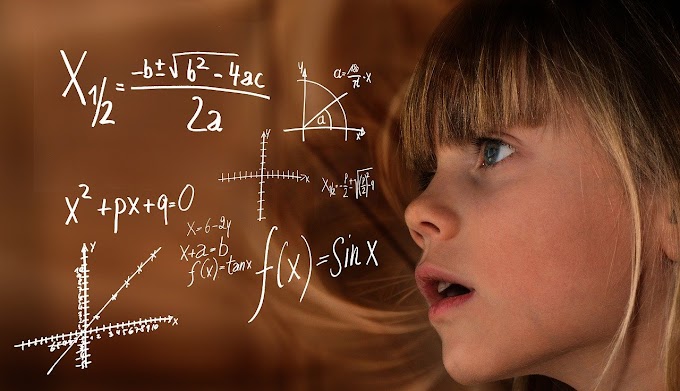What is Physics?
Physics is one of the natural sciences and most fundamental of all. Physics phenomena and laws can be experienced everywhere ranging from microscopic to the macroscopic level. There are numerous fields of Physics:
Classical Physics:
This branch mainly deals with the motion of macroscopic objects and all that we see in everyday life. Newton's laws are prominent in this field. Sir Isaac Newton is the most famous Physicist of this field and is regarded as the father.
Thermodynamics & Statistical Physics:
In thermodynamics we study the effects of changes in pressure, temperature and heat interactions between systems. Statistical mechanics describes phenomena in a statistical manner using probabilistic methods and describes behavior of large number of atoms or molecules. Some of the important physicists of this field include Sadi Carnot, Lord Kelvin, Rudolf Clausius , Ludwig Boltzmann etc.
Electromagnetism:
This involves study of the Electromagnetic force and realizes that electric and magnetic effects are different aspects of same force. Famous physicists of the field include Michael Faraday, George Simon Ohm, Joseph Henry and who can forget Sir James Maxwell who theoretically unified electricity and magnetism into a single framework.
 |
| Energy Mass Equivalence Relation |
Relativity:
The theory of relativity encompasses the special and the general relativity. It is one of the pillars of Modern Physics and is one of the most fascinating theories. Albert Einstein is regarded as the father and other prominent physicists include Hendrik Lorentz, Henri Poincare, Hermann Minkowski, Albert Michelson etc.
Quantum Physics:
It involves study of atoms, subatomic particles, Electromagnetic Radiation on the Microscopic level. It is the weirdest but the most fundamental field of Physics and is another pillar of modern Physics. Max Planck, Werner Heisenberg, Erwin Schrodinger are the fathers of quantum Physics. Other famous physicists include Albert Einstein, Satyendra Nath Bose, Richard Feynman, Paul Dirac, Wolfgang Pauli etc.
Atomic, Molecular and Optical Physics:
It involves the interaction of Electromagnetic Radiation and Matter on the quantum level. Phenomena are governed by quantum physical principles. Various phenomena like fluorescence, Raman effect, Compton effect are used in spectroscopic studies. →Famous physicists are Sir C.V Raman, Arthur Compton, Willis Lamb, Norman Ramsay, Pieter Zeeman etc.
Nuclear & Particle Physics
Nuclear Physics involves study of the atomic nuclei and interrelated phenomena governed by quantum physical principles. Particle Physics studies the various subatomic particles and their properties as listed in the standard model of particle Physics. Prominent figures include Henri Bequerel, Madam Curie, Ernst Rutherford,Enrico Fermi, Rudolf Mossbauer, Peter Higgs, Murray Gell Mann, Steven Weinberg, Abdus Salam etc.
Condensed Matter Physics
It studies the properties of condensed matter and phenomena like superconductivity, superfluidity, Bose-Einstein Condensates etc. These phenomena are referred as macroscopic quantum phenomena. Famous physicists are Heike Kamerlingh Onnes, Peter Kapitza,John Bardeen,Leon Cooper ,Brian Josephson etc.
Astrophysics & Cosmology
This is a study of stellar and Interstellar objects like stars, galaxies, Galactic clusters, Black Holes, nebulae etc. Famous Astrophysicists and Cosmologist include Stephen Hawking, Lord Martin Rees, Arthur Eddington, S Chandrasekhar, Fred Hoyle etc.
String Theory
It is a framework which aims to unify general relativity and quantum mechanics to achieve a Quantum theory of Gravity. It also talks about multiverse and extra dimensions. Famous physicits of the field are Edward Witten(most famous), Michael Green,Leonard Susskind, Prof Ashoke Sen, Andrew Strominger, Joseph Polchinski, Cumrun Vafa etc.
Follow us @ Facebook : Advanced Tech World




0 Comments